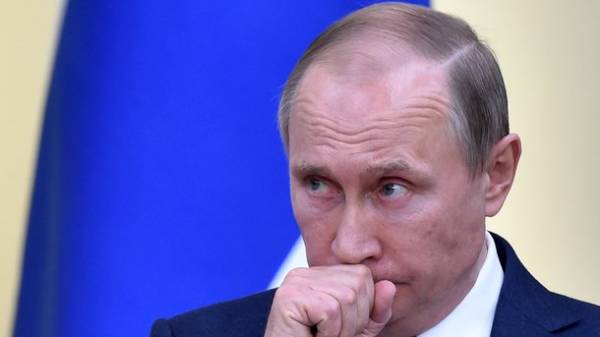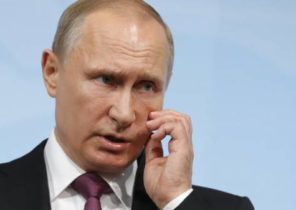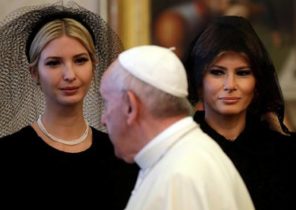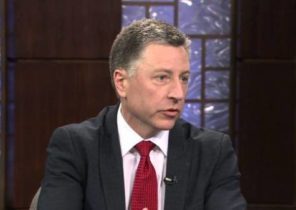
Europe should toughen sanctions against Russia that Putin began to respect international law. About this during his speech at the IV Congress of Initiatives in Eastern Europe, said MP of Ukraine, Chairman of Mejlis of the Crimean Tatar people Refat Chubarov.
The annexation of Crimea by Russia is reminiscent of the occupation of Czechoslovakia by Hitler, the politician believes. According to him, Russian President Vladimir Putin and his actions in Ukraine requires Europe a new redivision of the world order. Perfect for a new Yalta conference like post-war in 1945-m to year.
“Russia – a permanent member of the UN Security Council – has destroyed the world order invasion and annexation of Crimea. For the first time in post-war Europe one state seized the territory of another. […]. Putin wants European leaders to a new Yalta. During this imaginary Putin meeting, the world should again be divided, and the order must be determined in accordance with its representations. For the European politicians now is the time of choice. This choice can be catastrophically destructive for mankind, as happened in 30 years. Remember how the failure of European politicians has led to the second world war”, – said Chubarov.
See also: Why Putin is against peacekeepers on the border, Turchynov explained
He suggested European politicians to tighten sanctions against Russia to renew the world in respect to international treaties. “If you want to protect your peoples and countries – you have no choice but to defend the Crimea, the Crimean Tatars, and to stand shoulder to shoulder with Ukraine. I hope the measures taken by the aggressor to be more rigid, able to force every country to respect international law, respect the will and interests of its neighbors,” he said.
Also, Congress MP announced changes to the Constitution of Ukraine on the status of the Autonomous Republic of Crimea and the Crimean Tatar people. According to him, the deputies will consider changes in the near future.
September 25-26, Lublin (Poland) held the IV Congress of Initiatives in Eastern Europe. The Congress covers issues of local democracy, science and education, mobility, model reconciliation, as well as international politics and security.







